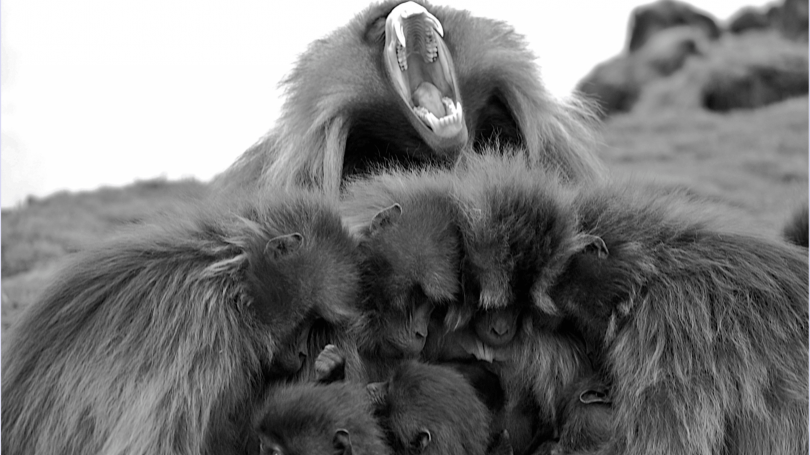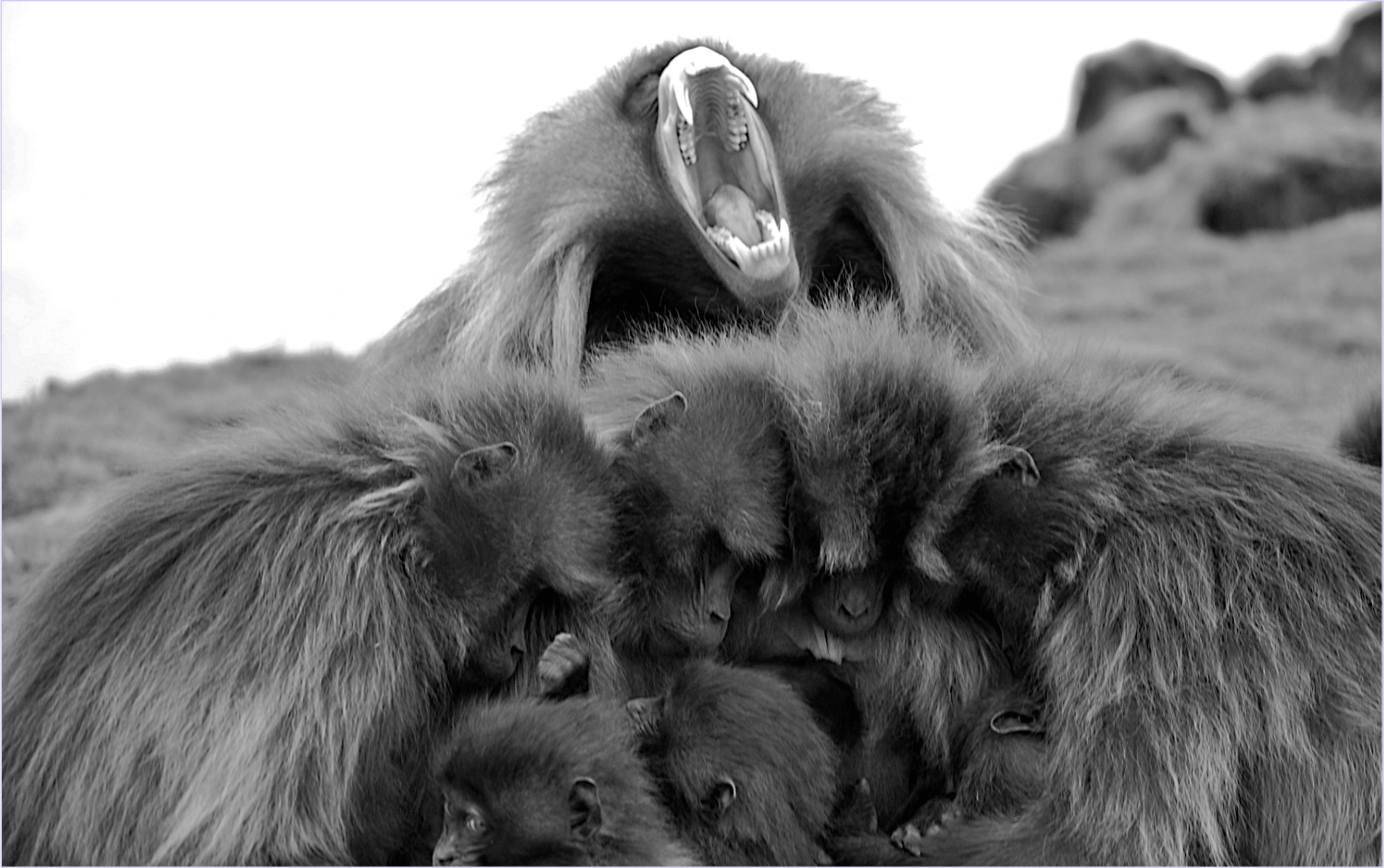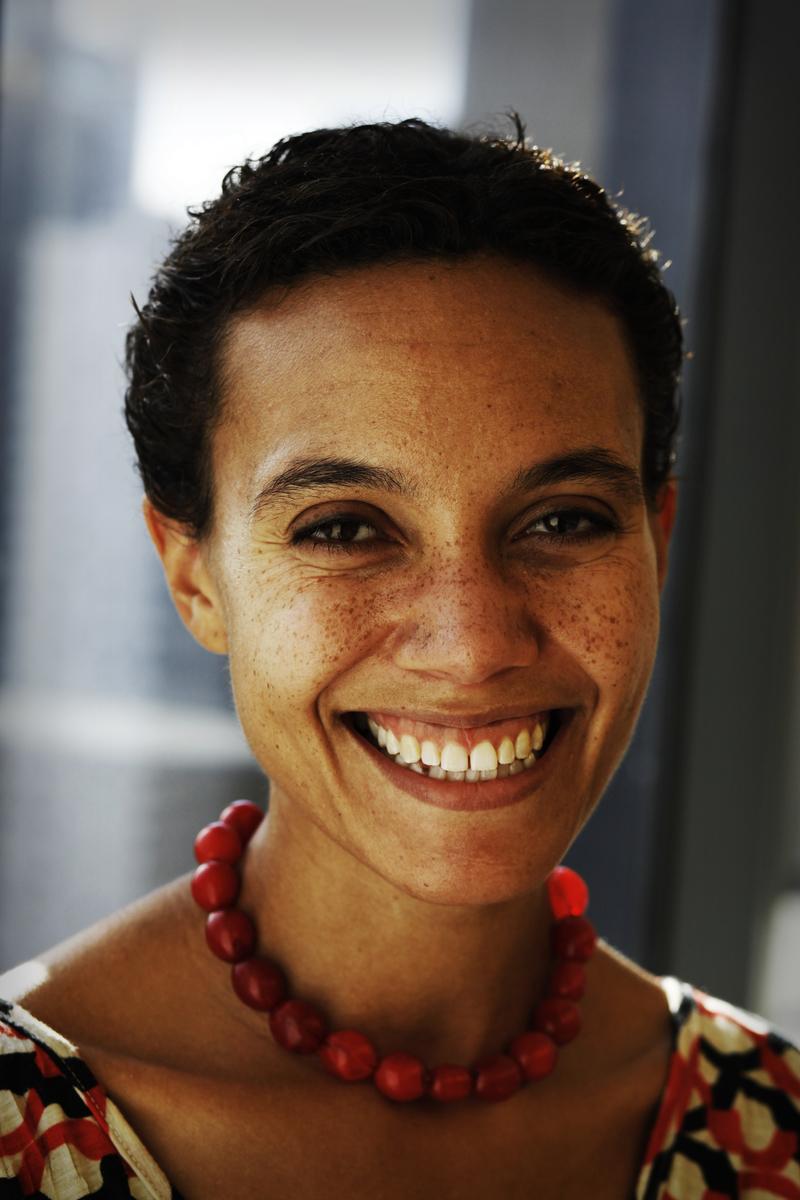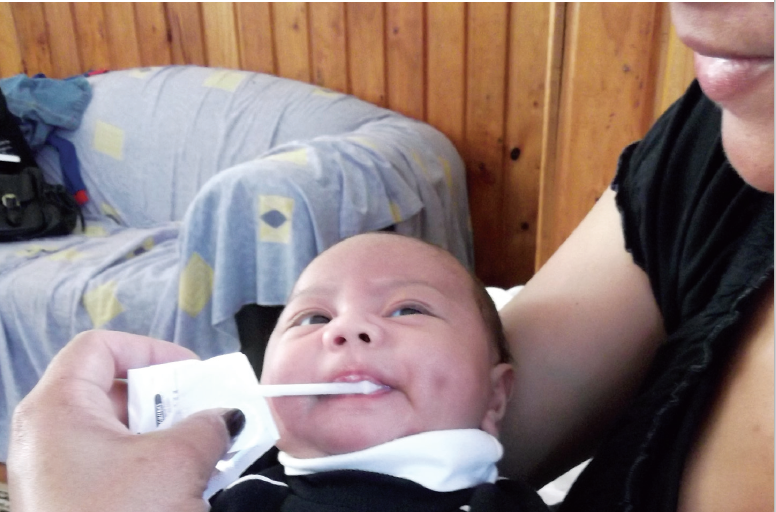

Dartmouth's Department of Anthropology Presents: Biological Anthropology—A Series in Five Parts
Dr. Jacinta Beehner
Assoc. Professor of Anthropology and Psychology
University of Michigan

Reproductive Suppression in Response to Novel Males: A Physiological Trifecta?
2:00 p.m.
April 29th, 2016
Rockefeller 01
Reproductive performance is the currency of evolution. The puzzling questions in evolutionary biology are not why an organism does reproduce, but rather why an organism does not reproduce. It is difficult to understand why a female might forestall reproduction, when one of the biggest limitations for female mammalian reproduction is time. The answer is quite simple: Reproductive suppression can be an adaptive strategy. In this talk, I will focus on a few examples of reproductive suppression from my own research in wild geladas. Specifically, I will focus on reproductive suppression that results from social cues, rather than energetic ones.
Dr. Erin Marie Williams-Hatala
Chatham University

Evaluating Links Between Modern Human Hand Anatomy and Stone Tool Behaviors in the Face of Experimental Constraints and Missing Data
May 6th, 2016
3:30 PM
Carson L01
Links between the modern human hand and stone tool behaviors have become nearly axiomatic in evolutionary hypotheses throughout the anthropological literature: the anatomy of the modern human hand (and forelimb) represents a selective response to the biomechanical demands of stone tool production and use. This hypothesis has been supported by certain aspects of the fossil and archaeological records, as well as by nearly a century of experimental data. However, closer inspection in recent years has revealed cracks in the foundation of some parts of this argument, as well as significant gaps in data necessary to assess this hypothesis.
This talk reviews and evaluates the hypothetical relationship between the modern human hand and stone tool behaviors, focusing on the experimental evidence that has been generated in the 21st century. Future directions are considered in light of technological advancements and lingering experimental constraints
Dr. Zaneta Thayer
College of Liberal Arts and Sciences
screen_shot_2016-04-23_at_9.16.37_pm.png

May 13, 2016
02:00 PM
Room 001, Rockefeller Center
Developmental origins of health disparities: Evidence from Aotearoa/New Zealand and the US
Anthropologists are interested in explaining patterns of human variation. The focus on this talk is on understanding how differences in environmental experiences over the course of growth and development can contribute to variation in human health. Using data from an ethnically diverse sample in New Zealand, and a sample of Native Americans from the Northern Plains, this talk highlights how early life exposure to stressors such as poverty and discrimination can influence health through biological pathways that originally evolved to be sensitive to qualitatively different types of stressors. The results of this analysis suggest that an understanding of not only how but also why our bodies are sensitive to stress could influence our interpretation of the best ways to eliminate health disparities.
Bio: Dr. Zaneta Thayer is a biological anthropologist interested in understanding how developmental exposures influence human biological variation. A graduate of Dartmouth College in 2008, she went on to get her PhD in biological anthropology at Northwestern University. While at Northwestern she developed a dissertation field project in Auckland, New Zealand, where she had participated in the Dartmouth College study abroad program in 2011. Her Auckland project focused on assessing the impacts of maternal stress on offspring development during pregnancy among a socioeconomically and ethnically diverse sample of women and their children. More recently, Dr. Thayer has been interested in working domestically with indigenous communities in order to understand the pathways through which social experience influences disparities in health among these communities. The overall goal of her research agenda is to contribute work of interest to evolutionary anthropologists as well as research that raises awareness of, and helps address, issues of inequality among socially disadvantaged communities.